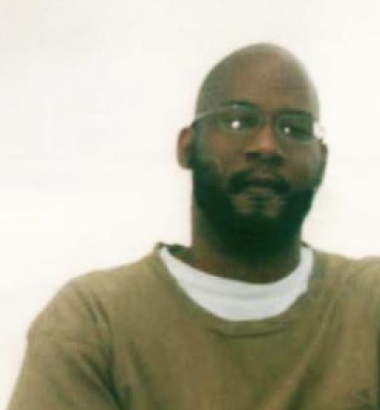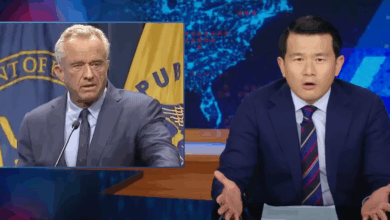Missouri Supreme Court Clears Path for Marcellus Williams’ Execution Amid Calls for U.S. Supreme Court Intervention

The Missouri Supreme Court has ruled to allow the execution of Marcellus Williams, despite widespread calls for a review of his conviction. Without intervention from the U.S. Supreme Court, Williams is scheduled to be executed after 6 p.m. on Tuesday, raising concerns over potential issues with DNA evidence that could exonerate him.
Williams, convicted of the 1998 murder of Felicia Gayle, a former St. Louis Post-Dispatch reporter, has long maintained his innocence. His defense team argues that DNA testing from the murder weapon does not match Williams, calling for a halt to the execution until further forensic testing can be conducted.
Legal Battle Over DNA Evidence
The key point of contention in Williams’ case is the use of DNA evidence. In 2015, DNA testing on the knife used in Gayle’s murder revealed that it did not match Williams’ genetic profile, leading to doubts about his conviction. Despite this, lower courts upheld the conviction based on other circumstantial evidence, including witness testimony and Williams’ alleged confession to another inmate.
Williams’ attorneys have urged the U.S. Supreme Court to intervene, arguing that executing someone with unresolved DNA questions violates constitutional protections. However, Missouri’s courts have so far sided with prosecutors, who maintain that the non-matching DNA does not absolve Williams.
Public Outcry and Advocacy
The case has drawn significant attention from civil rights groups, activists, and members of the public who believe that executing Williams without resolving the DNA concerns would be a grave miscarriage of justice. Supporters of Williams are calling for Governor Mike Parson to grant clemency or for federal intervention to stop the execution.
As the clock ticks down, the U.S. Supreme Court remains the last hope for Williams, as he faces his scheduled execution





